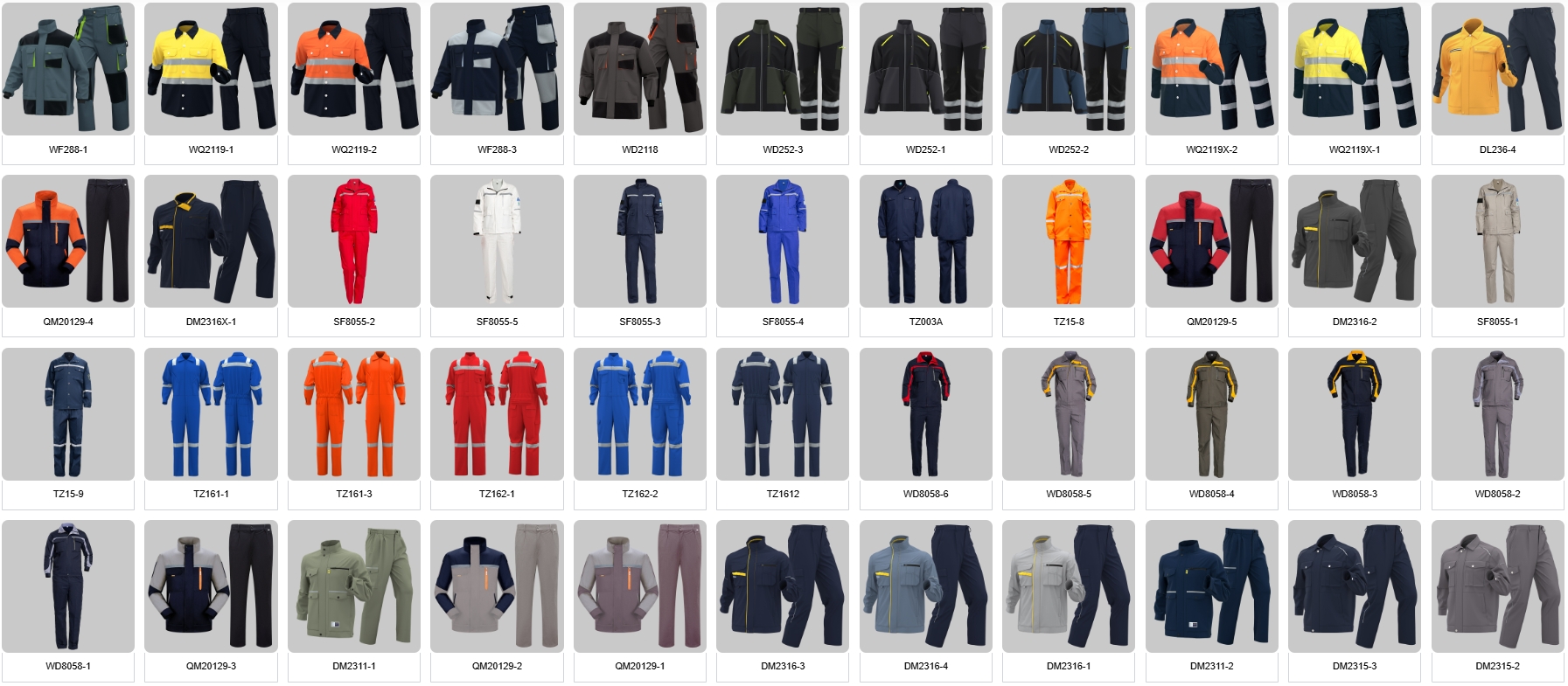How to Get a Manufacturer for Clothing in China: A Step-by-Step Guide
Author:HAIYUAN TIME:2025-11-03Read:
Navigating the Chinese manufacturing landscape requires careful planning and due diligence. Follow these steps to find a partner that matches your needs in terms of quality, cost, and communication.
Step 1: Prepare Yourself and Your Business
Before you even start searching, you must have your project details ready. Manufacturers will take you seriously only if you are prepared.
- Create Tech Packs: This is the most important document. A tech pack is a detailed blueprint of your garment, containing:
- Flat sketches/technical drawings (front, back, side)
- Materials and fabric specifications (e.g., 100% cotton 220gsm)
- Colorways and Pantone codes (PMS)
- Grading and size specifications
- Labeling and packaging instructions
- Define Your Order Volume: Be clear about your Minimum Order Quantity (MOQ). Are you looking for 50, 500, or 5,000 units? This will immediately filter out many factories, as smaller workshops have lower MOQs, and large factories have much higher ones.
- Know Your Budget: Have a realistic cost-per-unit target in mind. This helps in negotiations and filters unsuitable options early.
Step 2: Find Potential Manufacturers
Use a mix of online platforms and real-world networking to create a list of potential suppliers.
- Online B2B Platforms:
- Alibaba.com: The largest and most well-known. Look for suppliers verified as "Gold Suppliers" or "Assessed Suppliers." Those with a "Trade Assurance" badge offer some buyer protection.
- Made-in-China.com: Another major platform, often featuring larger factories and heavy industry, but also strong in textiles.
- GlobalSources.com: Known for connecting buyers with mid-to-large size manufacturers, often with higher quality standards.
- Trade Shows: Attending major apparel fairs is one of the best ways to meet manufacturers face-to-face. Key events include Canton Fair (Guangzhou) and Intertextile Shanghai.
- Sourcing Agents: If you are new to this or cannot travel, a reputable sourcing agent can be invaluable. They have existing networks, handle quality control, and negotiate on your behalf for a fee.
Step 3: Vet and Communicate with Factories
Once you have a list, it's time to separate the good from the bad.
- Communication is Key: Send a detailed, professional inquiry email. Introduce your brand and attach your tech pack. Gauge their responsiveness, English proficiency, and willingness to answer questions.
- Ask Critical Questions:
- What is your standard MOQ for this type of product?
- Can you provide a detailed breakdown of the cost (FOB, EXW, etc.)?
- What is your sample lead time and production lead time?
- Can I tour your factory? (A video call factory tour is a great alternative).
- Check Credentials:
- Business Licenses: Ask for their business license to verify they are a legitimate company.
- Certifications: Depending on your market, you may need factories with specific certifications (e.g., BSCI for social compliance, OEKO-TEX for fabric safety).
- Client References: Ask for examples of other international brands they work with.
Step 4: The Sampling Process (A Non-Negotiable Step)
Never skip this step. Sampling tests the factory's capability and ensures your design is correctly interpreted.
- Prototype Sample: The first sample, often made from a similar but not exact fabric, to check the pattern and fit.
- Pre-Production (PP) Sample: This sample is made with the correct fabric, trims, and labels. This is what you will approve before mass production begins.
- Pay for Samples: Expect to pay for samples and shipping. This is standard practice and shows you are a serious buyer.
Step 5: Placing the Order and Quality Control
After approving the PP sample, you are ready for mass production.
- Get a Proforma Invoice (PI): The factory will issue a PI detailing the order, costs, and payment terms. Standard terms are a 30-50% deposit with the balance paid before shipment.
- Use a Clear Contract: The contract should cover product specifications, pricing, delivery date, payment terms, and quality standards.
- Conduct Quality Control (QC): Do not assume the final product will match your sample. Hire a third-party QC inspector to check the goods during production (DUPRO) or once production is complete (Final Random Inspection). This protects your investment.

A Key Consideration: Specialized vs. General Manufacturers
Many Chinese manufacturers specialize. You will find factories that only make knitwear (T-shirts, polos), woven shirts, denim, or technical outerwear. Targeting a specialist often yields better quality and expertise.
Introducing a Specialist in Workwear and Corporate Clothing
If your clothing line falls into the category of work uniforms, corporate wear, safety apparel, or branded promotional wear, partnering with a specialized factory is highly advantageous. Shijiazhuang Haiyuan Labor Supplies Co., Ltd. is one such manufacturer. What They Offer:
- Specialization: They focus on producing durable and professional workwear, including shirts, T-shirts, polo shirts, jackets, and high-visibility safety clothing.
- Full Customization: They are an ideal partner for businesses looking to create branded uniforms, as they provide comprehensive embroidery and printing services to apply your logo directly in their factory.
- Integrated Service: As a manufacturer, they can guide you on fabric selection suitable for different work environments and handle the entire process from raw material to finished, branded product.
Why this matters for you: Working with a focused manufacturer like Haiyuan means you get expertise in a specific niche, potentially higher quality for that product category, and a more streamlined process for customization. By following this structured approach, you can systematically find and partner with a reliable Chinese clothing manufacturer to bring your brand vision to life.

